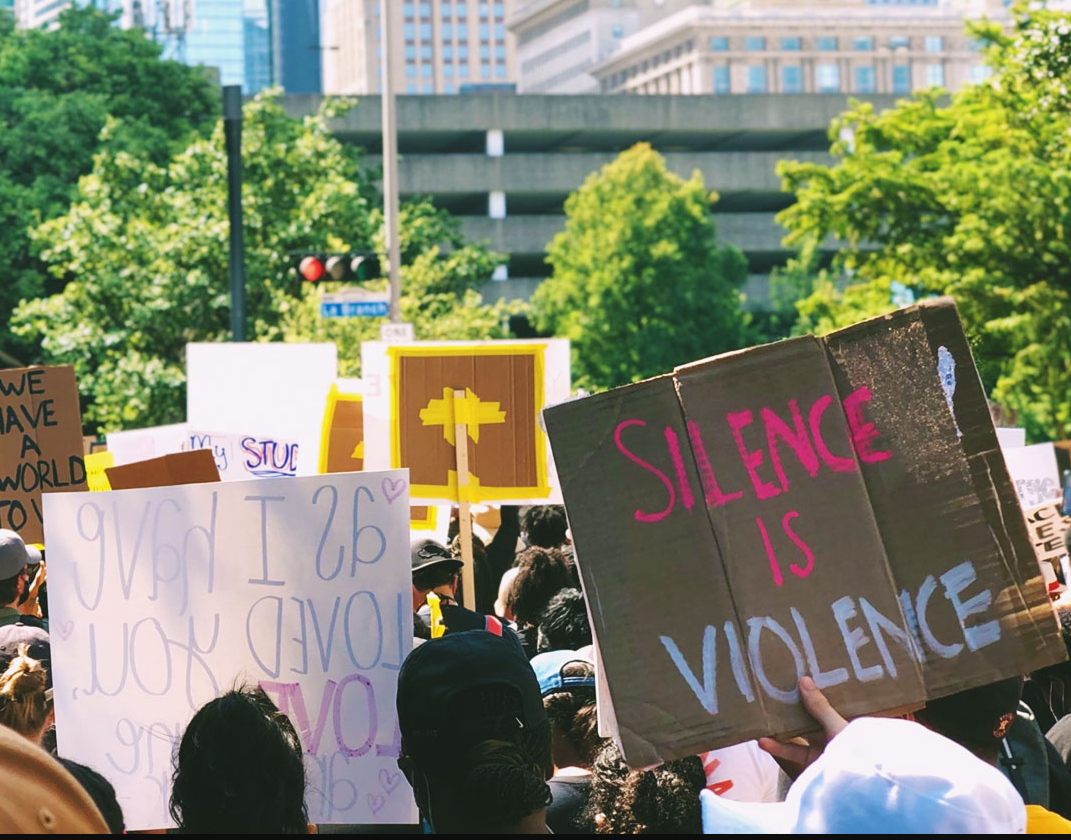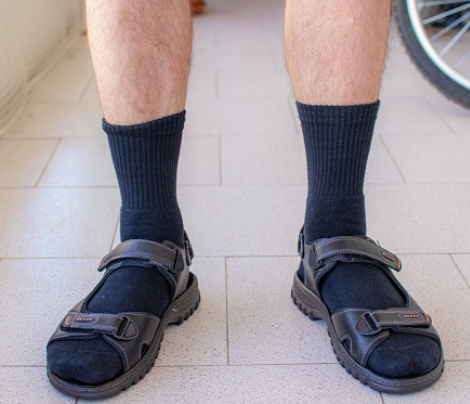
credit: yfc.org.au
Wokery: A Brief, Bewildered History
Once upon a time, being “woke” meant you were alert to injustice—particularly racism and inequality. But somewhere between brunch and a Twitter storm, “wokery” became a cultural force, a punchline, and, occasionally, a threat to common sense.
In the UK, this trend got a boost from organisations like Stonewall, which began with the noble aim of advancing LGBT rights but eventually morphed into something resembling a HR department on a power trip. Stonewall’s workplace “diversity champions” scheme saw major institutions graded not just on inclusion, but on how eagerly they adopted Stonewall’s ever-evolving glossary. Pronouns proliferated. Bathrooms were rebranded. A London university advised staff not to say “mother.” Yes—mother!
Egregious examples? A police force investigated a man for liking a tweet. A museum in Liverpool reclassified a World War II Spitfire display as a “symbol of oppression.” Even tea—blessed, innocent tea—hasn’t escaped scrutiny for its colonial roots.
Wokery often dances a fine line with freedom of speech. Say the wrong thing and you’re not debated—you’re cancelled. It’s all very Orwellian. In fact, 1984 now reads like a how-to guide: Newspeak, thoughtcrime, and the Ministry of Truth all bear uncanny resemblance to today’s online mobs and overzealous policy documents.
And yet, there’s comedy gold here too. The Guardian once ran a headline: “Is it time to cancel snowmen?”—a question surely dreamed up after a hallucinatory oat-milk latte.
Of course, social progress matters. But when wokery turns every minor offence into a federal case, the result isn’t justice—it’s absurdity. Orwell saw it coming: a world where language is weaponised, history is rewritten, and everyone’s terrified of saying “good morning” in case it’s not inclusive enough.
Well, you wont find any wokery here.
 Socks ‘n Sandals
Socks ‘n Sandals  Who is Gaslighting Us?
Who is Gaslighting Us?  Who’s Bright Idea was this?
Who’s Bright Idea was this?  Why do modern cars all look the same?
Why do modern cars all look the same?